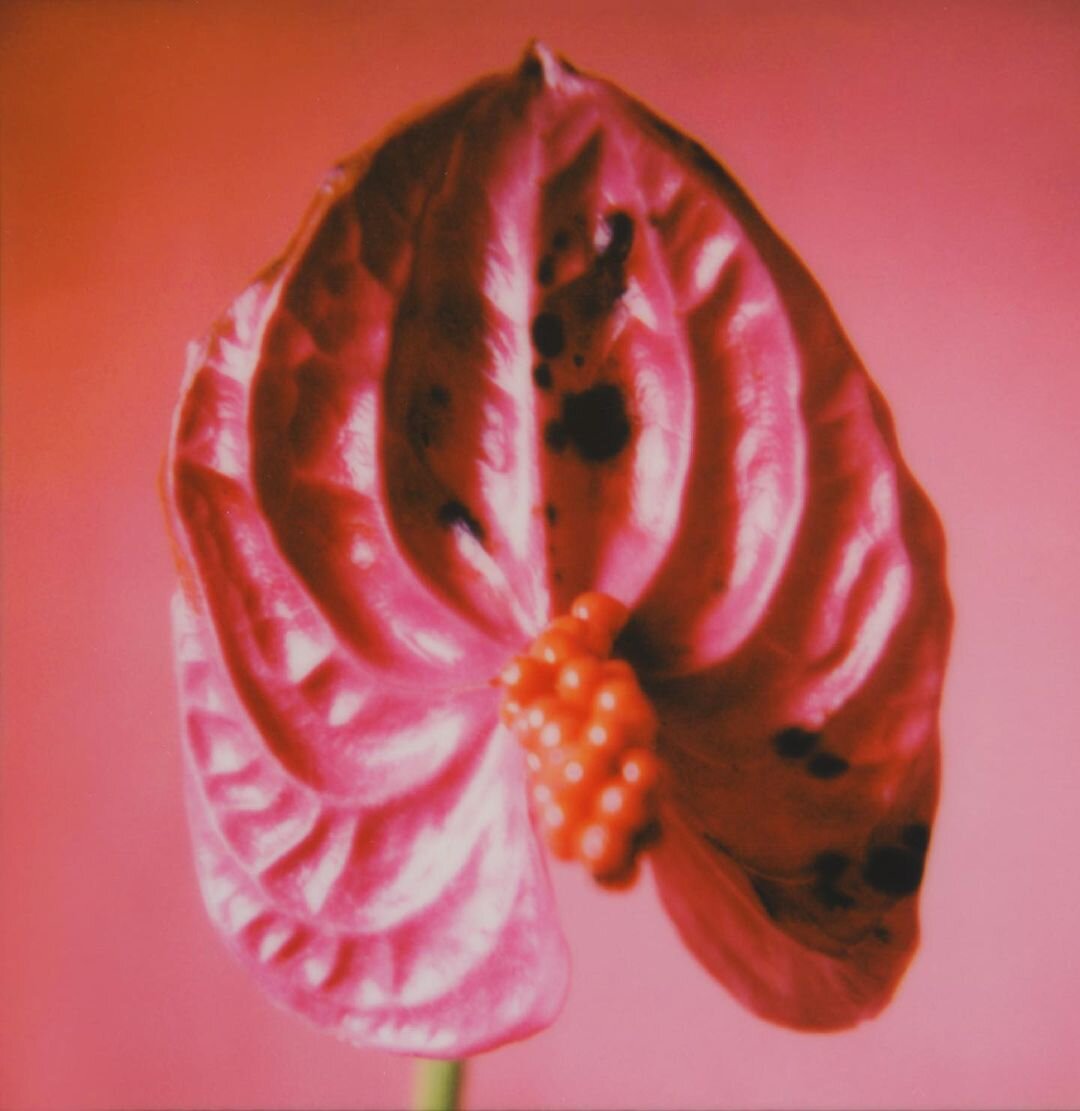CHEN YUNG HUA: SERENITY THROUGH ART
A quest towards the nature of beauty, is an honourable purpose for anyone. Through the medium of photography, Taiwanese artist, Yung Hua Chen has developed a delicate aesthetic, that accentuates the beauty of the models and garments before her. Her images, using bold colours, delicate poses and a soft gaze produce a feeling that is intimate and personal.
Inspired by childhood motorcycle rides around Taipei with her poet/artist father, Yung Hua nurtured from a young age, a specific way of understanding and relating to the world around herself. This style has developed over time, maturing through her experiences studying fashion design at college and then becoming more focused and confident through her work as a photographer.
Touching on topics of Japanese flower arrangement and the cinema of Edward Yang and Sylvia Chang, we managed to unearth the basis of this sensitive artist’s vision. An exciting future is blooming for sure.
Could you introduce yourself to the GATA family, how did you start your artistic journey?
My major in college was Fashion Design. Beauty has been the only thing that has appealed to me since I was young. During my first year in college, I discovered my interest towards photography, which I think is way more interesting than designing clothes. Yet, learning about how the clothes were made, actually helps with my understanding towards how to capture the beauty and the fine details of garments.
It was during my third year of study when I started receiving opportunities to work with others through my lens. Since then, these opportunities opened my doors to officially becoming a photographer. My style has evolved a lot since I graduated from college. I believe this is what people call the process of growing up. I learned and explored, so as to learn to become a better person, and to stay true to my inner self.
How did you develop your unique style?
In the beginning, I didn’t realise that there was a certain style being developed within my work. I’ve been following my heart, to explore things that I love, capturing the surreal ideas I have in my head, throughout the years. I’m fascinated by the juxtaposition of crazy thoughts, dreams, illusions and muses. The endless journey of searching and listening to the voice within the inner self, is almost like solving a puzzle. My work is formed as a result of putting them together piece by piece. Visuals that are figurative and rich in colors have always been enchanting to me.
Were there any particular influences or events that really shaped your identity as a photographer?
My father is a poet and visual artist. I’m influenced by him quite a lot. I can still remember how my father drove me around Taipei on his motorcycle, capturing the beauty of the city. Through seeing things in life from my father’s perspective, it gradually helps to shape and develop my aesthetic and sense of beauty.
My father has always been able to discover the uniqueness in beauty that people would overlook. When people are so focused on taking photos of lotus, he would be able to notice the charm of the leaves and the pupa sitting next to it, or even the elegance of a crack on the wall. I enjoyed seeing how his imagery is possessing the qualities or charm of poetry. While watching his back while he was shooting, when I was young, I told myself, one day I would become a photographer like him.
What is your preparation process like before you create your images? Do you do much research before shooting?
I usually start with expanding some keywords from the subject, a picture is then imagined, which I will pencil it down or develop a draft. It’s a simple doodling that could help with demonstrating the model’s posture better. It also gives me a clearer idea on the composition of the image. Sometimes I'm inspired by the rhythm and lyrics from music. I like to get inspiration from various mediums, particularly through different senses of mine.
There seems to be a lot of emotion and feeling in your work, do you see your art as a cathartic process, a form of release?
I’m very sensitive and observant to the environment, the people or the things happening around me. Photography is something personal to me. It’s almost like a secret, but inclusive space that can bring me calmness and serenity. It helps me to escape from the rush and busy reality, which allows me to pause and take a deep breath, enjoy the inner peace for a little.
I’m a born-introvert. Image is like a window, it’s a tool for me to communicate with others. No one needs to learn a language to understand what’s the message behind an image. I can always deliver my thoughts and complex feelings through my lens, which provides me a sense of security.
There is an element of flower arrangement to your images, was ikebana (Japanese flower arranging) an influence on you growing up?
I’m fond of flowers. Through the process of flower arrangements, I’m able to talk to myself and feel the fluctuation of emotion within the inner self. I enjoy the time alone with myself, it’s all independent work from the process of producing, to the scanning. It’s like a therapy session over the course of time, not only has it helped me better understand my personality and interests, but also cultivated my sense towards shapes and colours.
“I hope I can grow and see self-improvement with my work. The process is like a personal and private journey. It’s like having a baby, growing a plant, or keeping a pet. You care for them with your heart, allowing space and showing them respect.”
The subjects in your photographs give a strong sense of emotion and feeling, there is almost a cinematic quality to the final image; do you give much artistic direction to the models? How do you create this strong connection with them?
I would brief the models with the shooting direction and theme first thing first when we are on set, just like the close relationship between director and actor. I like to have them express their feelings and ideas towards the theme, so that they can start to pose freely. After that I would further adjust and expand possibilities based on their improvisation.
What is the creative scene like in Taipei?
Most of the artists and photographers in Taiwan are willing to explore and work together as a team, we are passionate and eager to stretch out the possibilities within creativity.
Edward Yang, Hou Hsiao-hsien, Taiwan has a rich history of producing beautiful cinema, are there any films or artists that you would like to recommend to our readers?
I really like the work Edward Yang produced, in particular the movie called A One and a Two. I like the fineness within the way he portrays the characters in the movie, as well as his sense of beauty in filmmaking.
In addition, I also want to recommend a director, her name is Sylvia Chang. She is also an actress. I love the movies which are directed by her called Siao Yu and 20 30 40. Looking at various relationships and ages from a female perspective, the delicate descriptions fascinated me.
Do you have any plans to visit Tokyo in the future?
I would love to visit Tokyo and meet my friends again once the pandemic situation is under control. I miss how we used to wander around, enjoy a cup of tea, and visit some nice exhibitions. If there are any opportunities, I also want to work or collaborate with some of my favorite magazines, fashion brands, and learn from the creative talents in Japan.
Are there any new projects that we can look forward to in the future?
Some small projects are undergoing right now but it’s more like personal work. It’s about posture exploration. In fact, I’ve always wanted to publish a book on photography, in which you can see some of my unpublished work. I hope to see a reflection of my true self through this book. I guess this will take some time so I don’t have a clear schedule yet. However, everything is in progress so please stay tuned.
Thank you so much for your time!
Images by Chen Yung Hua
Edit by James Elliott













